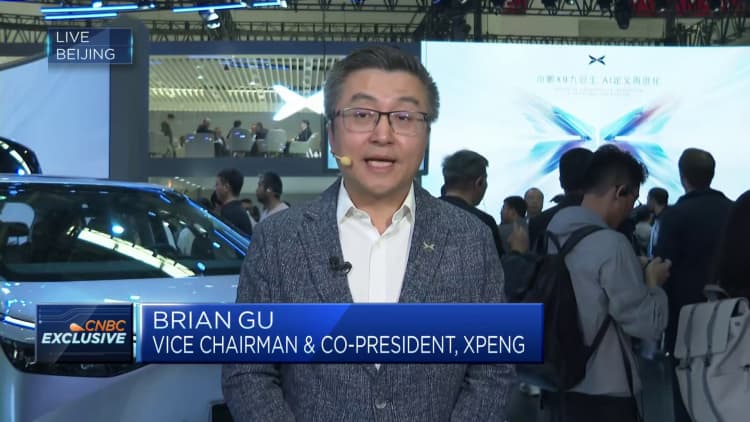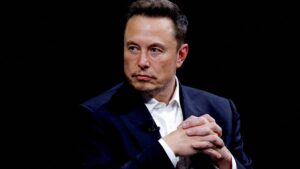Elon Musk, CEO of Tesla and owner of social media site X, formerly known as Twitter, attends the Viva Technology conference dedicated to innovation and startups at the Porte de Versailles exhibition center in Paris, France, on June 16, 2023.
Gonzalo Fuentes | Reuters
Exciting news from China as local authorities have lifted restrictions on Tesla cars after the company’s China-made vehicles cleared the country’s data security requirements. This significant development came to light during a meeting between Tesla CEO Elon Musk and Chinese Premier Li Qiang in Beijing, coinciding with a major auto show in the city.
Tesla, known for its popular electric vehicles in China, had faced bans in some government-related facilities over concerns about potential data collection by the U.S.-based automaker. Following this breakthrough, Tesla’s press release did not disclose the specific authorities that removed the restrictions, but it’s a positive step forward for the company.
It’s interesting to note that Tesla was not the only automaker whose vehicles passed China’s data security rules. Alongside Tesla’s Model 3 and Model Y, other electric vehicle manufacturers like BYD, Lotus, Nezha, Li Auto, and Nio also met China’s stringent requirements, as confirmed by the China Association of Automobile Manufacturers and the National Computer Network Emergency Response Technical Team/Coordination Center of China.

The implementation of new data security requirements for “connected vehicles” sets a positive precedent for the industry. These rules, applied to cars released in 2022 and 2023, involve rigorous inspections that assess various factors like data anonymization, cockpit data collection, and user information processing transparency.
Tesla’s proactive approach to localizing data storage in China, corroborated by meeting international information security standards, signifies the company’s commitment to data security and compliance in the region.
Additionally, Elon Musk’s visit to China has sparked speculations about the potential availability of Tesla’s Full Self Driving software in the country. However, industry experts like JL Warren Capital’s CEO, Junheng Li, remain skeptical about the immediate rollout of such advanced features in China.
It’s worth noting that Premier Li’s support for local innovation during the Beijing auto show emphasizes the importance of indigenous technologies in the automotive sector. This sentiment aligns with China’s push for domestic alternatives, potentially impacting the adoption of foreign-made driver-assist technologies.
As Tesla continues to navigate regulatory landscapes and market dynamics, the company’s emphasis on data security, compliance, and innovation remains pivotal in shaping its future endeavors in the dynamic Chinese market.


